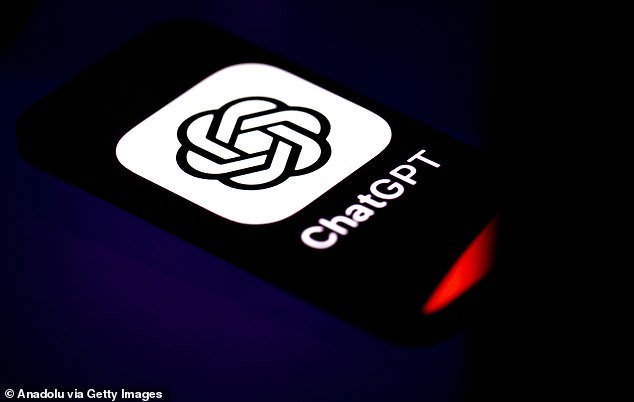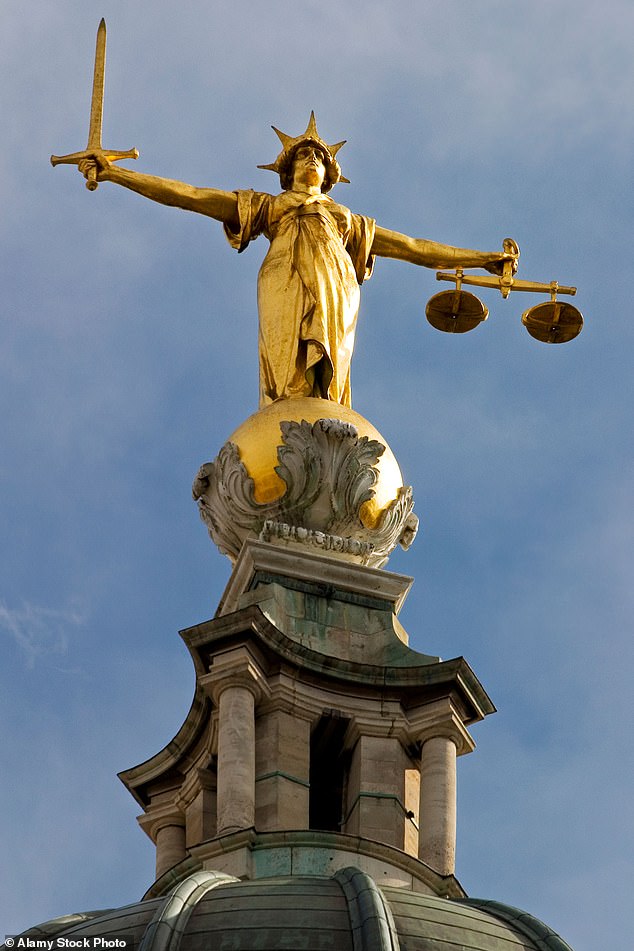- A Dutch judge has been criticised for consulting ChatGPT
- Judge twice used chatbot to retrieve data for a case
- Artificial intelligence experts criticized it and said that ChatGPT is easily fallible.
A Dutch judge has come under fire after using ChatGPT to help reach a verdict in a case where thousands of euros were at stake.
Dutch judge RJJ van Acht proudly admitted to having consulted AI in his assessment of a dispute between two homeowners who were fighting over whether an extension to one person’s house had reduced the efficiency of the other’s solar panels.
ChatGPT, like other AI such as Google’s Gemini, has long been criticized for being “irrational” and prone to making simple mistakes.
But this did not stop the judge at the Gelderland subdistrict court from twice asking ChatGPT to disclose facts about the solar panels that directly contributed to the amount of damages paid to the defendant in the case.
Van Acht said he asked ChatGPT to find out the “current average price of electricity” as well as the “average lifespan of solar panels.”
Technology expert Henk van Ess, who also works with investigative journalism outlet Bellingcat, said: ADVERTISEMENT“This is really unacceptable. It’s ridiculous. Every claim made by ChatGPT should be taken with a grain of salt.”
A Dutch judge has come under fire after using ChatGPT to help reach a verdict in a case where thousands of euros were at stake (file image)

ChatGPT has long been criticized for being “irrational” and prone to making simple mistakes (stock image)
“You can’t just say it’s X lifespan based on ChatGPT. I was shocked by such ignorance and I hope other judges don’t secretly use the same methodology,” he added.
Artificial intelligence expert Jarno Duursma added that using ChatGPT and other large language models (LLMs) was risky because they “don’t possess any real knowledge.”
“(ChatGPT) is not a database. It’s a computer system that predicts the next word in a sentence. Nothing more,” he added.
Despite the stark warnings, the UK’s Judicial Office, which supports courts across the country, published guidance earlier this year giving judges the green light to use LLMs to help draft court decisions.
In a guide issued to thousands of judges in England and Wales, the Judicial Office said the tool can be useful for summarising large amounts of text.
But he said the chatbot was a “bad way to conduct research” and could fabricate past cases or legal texts.
Lord Chief Justice Sir Geoffrey Vos said AI “offers significant opportunities to develop a better, faster and more cost-effective digital justice system”.
“Technology will continue to advance and the judiciary needs to understand what is happening,” he said. “Judges, like everyone else, need to be fully aware that AI can give answers that are both inaccurate and accurate.”
In September, a judge described ChatGPT as “very useful” when he admitted using it while writing a recent Court of Appeals ruling.
In an interview with the Telegraph, Lord Justice Birss said: “I think what’s really interesting is that you can ask these big language models to summarise information. It’s useful and it will be used, and I can assure you that I have used it.
‘I asked ChatGPT if he could give me a summary of this area of law and he gave me one paragraph.
‘I know what the answer is because I was about to write a paragraph saying that, but I did it for me and I put it at my discretion. It’s there and it’s very useful.
He is believed to be the first member of the British judiciary to reveal that he used the artificial intelligence tool to draft his judgment.


